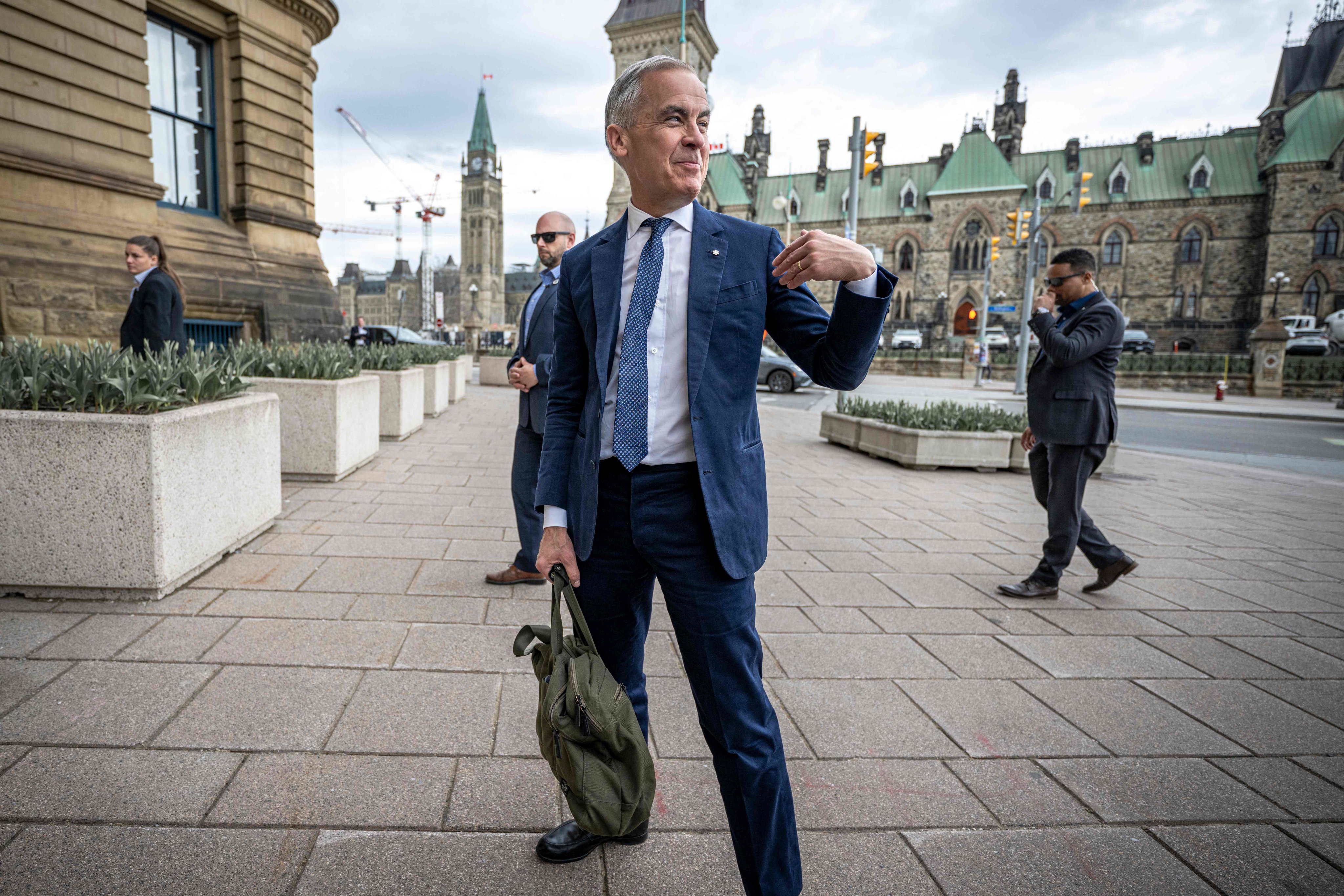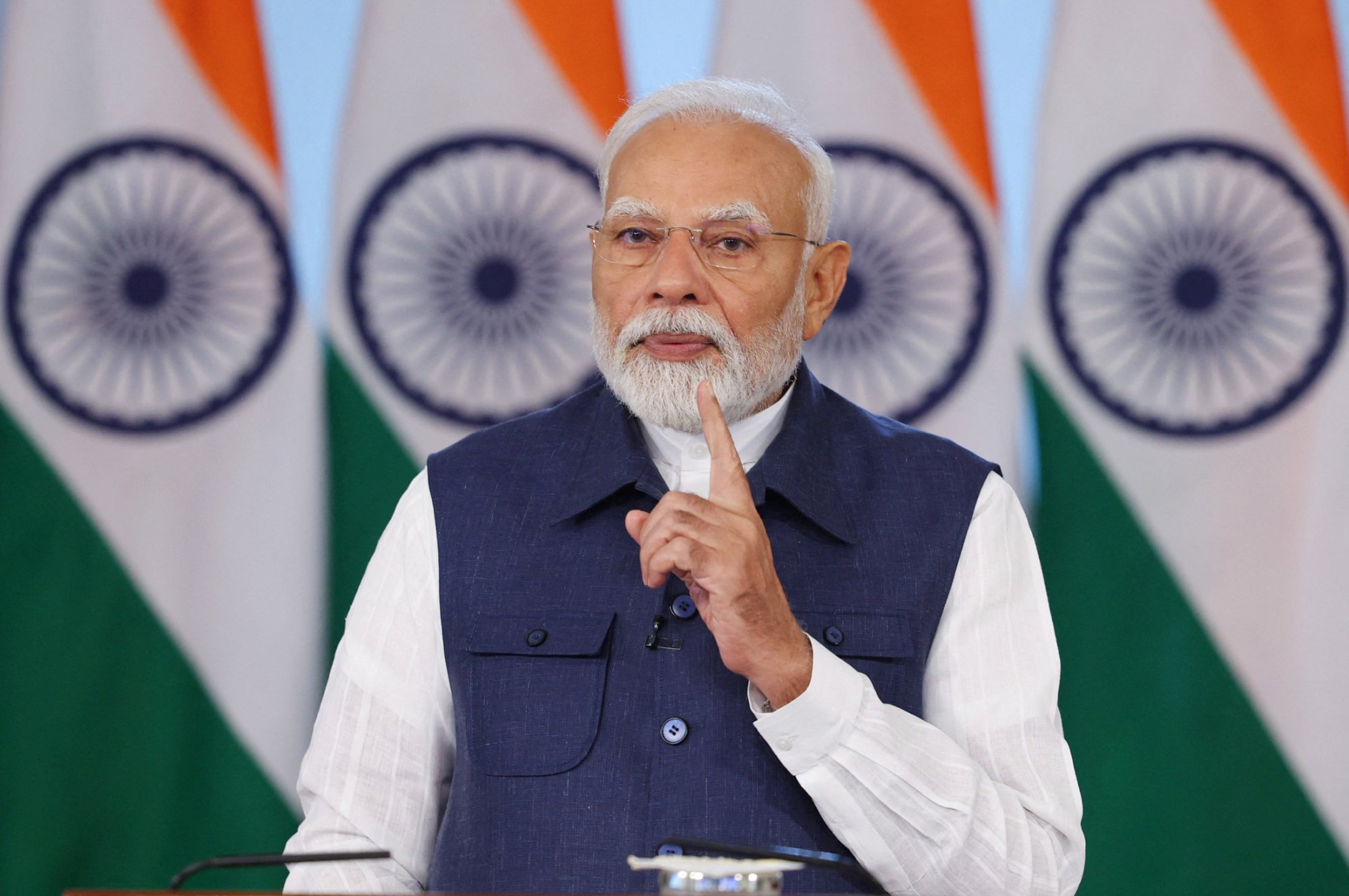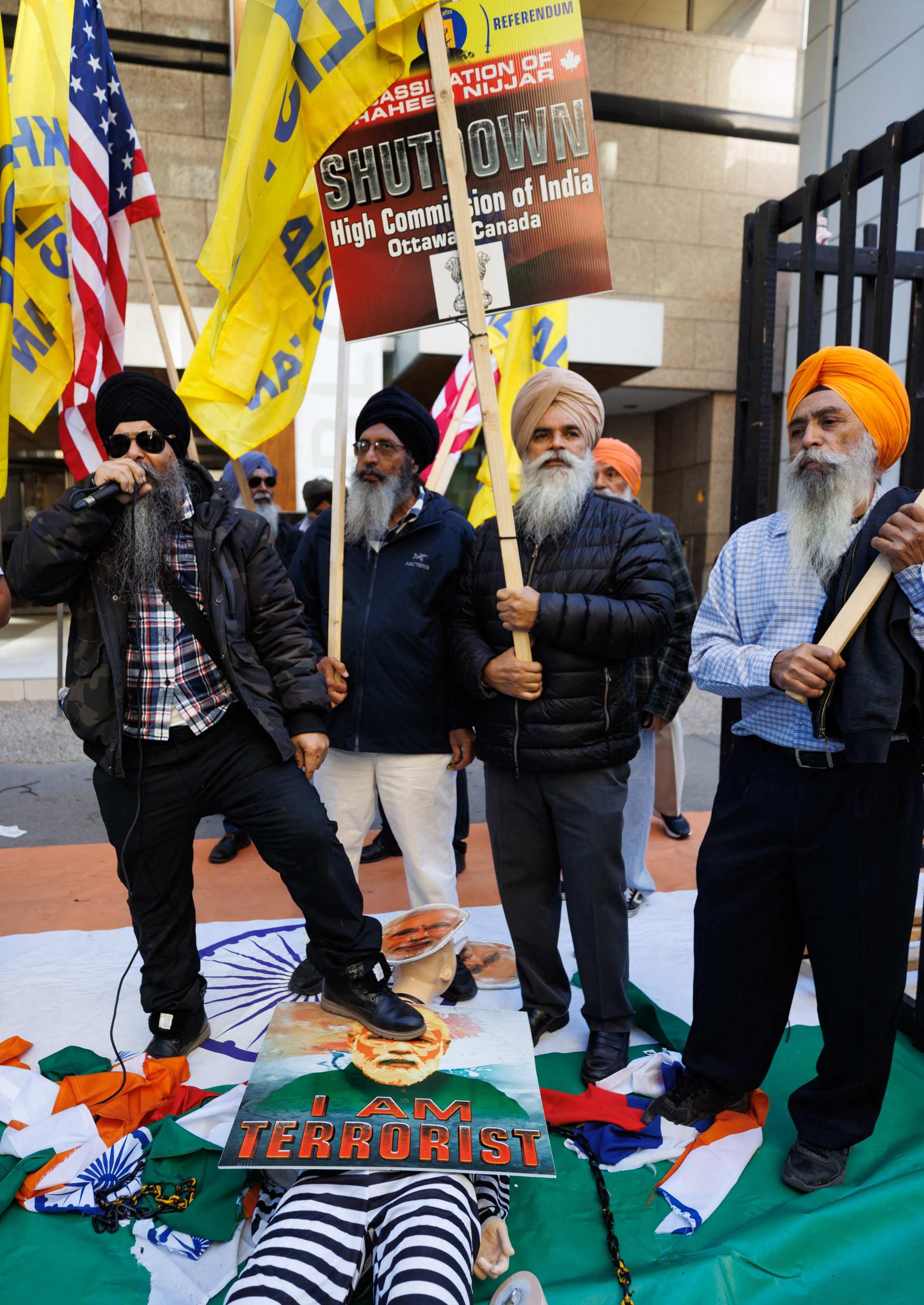Mark Carney’s win sets stage for reset in India-Canada ties after Trudeau tensions
Bilateral relations deteriorated after Trudeau alleged that Indian agents were behind the killing of Khalistan leader Hardeep Singh Nijjar

Mark Carney’s election as Canada’s new prime minister has opened the door to a reset in relations with India, with analysts hopeful the change in leadership could help both nations move past a period of diplomatic estrangement under the leadership of Justin Trudeau.
Bilateral relations deteriorated after Trudeau alleged in 2023 that Indian agents were involved in the killing of Hardeep Singh Nijjar, a Canadian citizen and leader of a Sikh separatist movement in India.
The incident snowballed into a tit-for-tat expulsion of diplomats from each other’s country, putting trade talks in limbo.
Indian Prime Minister Narendra Modi, who was among the first world leaders to congratulate Carney, expressed hopes of unlocking new opportunities in bilateral relations. Carney too has hinted at reforming relations with India in the run-up to the polls.
“I think that there is a silver lining there for Indo-Canadian relations. The rhetoric by Carney during his campaign has junked most of the political grandstanding that Trudeau did and that may be a good starting point,” said Vivek Mishra, deputy director of strategic studies programme at the Observer Research Foundation.
A reset, however, would depend on Ottawa’s relationship with Washington – particularly amid renewed economic friction, Mishra said.

During the campaign, Carney repeatedly criticised US President Donald Trump’s call to annex Canada as the 51st state, using the threats to argue for greater diversification of Canada’s trade ties beyond its southern neighbour.
Canada is the second-largest trading partner of the US, but its largest export destination – a dynamic now under pressure amid Trump’s push for steep tariffs and a more protectionist agenda.
“If Trump really tightens the screws on Canada and his rhetoric about the country being America’s 51st state, then he [Carney] will look for partners in Asia,” Mishra said. “If you put all this together, we may be at a point for a fresh look perspective.”
A lot would depend upon whether Canada and the United States were able to strike a mutually favourable trade agreement, he added.
Khalistan concerns
Among the factors complicating ties with India is the sensitive issue of Khalistan – a Sikh separatist movement that seeks to create an independent state in India’s Punjab region. While the movement has largely faded within India following a crackdown in the 1980s, it has retained a foothold in the diaspora, particularly in Canada.
India has repeatedly raised concerns over Sikh hardliners in Canada whom it accuses of glorifying extremism, exacerbating tensions with the Trudeau government.
The election defeat of Jagmeet Singh, the leader of Canada’s New Democratic Party (NDP) who is believed to be sympathetic to the Khalistan movement, has also boosted hopes for reforming diplomatic and trade relations with India.
Singh said he would step down as leader of the party, which was likely to lose its status as an official party in Canada’s House of Commons after it won seven seats – short of the 12 needed for securing the position.
That will mean less leverage for the left-leaning NDP, which had until late last year been propping up the Trudeau government.

Carney’s Liberal Party is set to form a minority government – having won a fourth consecutive term with 169 seats, three short of the 172 it needs to govern without support from a smaller party.
“The external weight that the NDP pulled on the Liberal Party may go down and give Carney a freer hand,” Mishra said.
Carney would need to take a “delicate approach” with regard to the previous government’s allegations about Indian involvement in Nijjar’s killing, he added. “Don’t expect Carney to go ahead and condemn the investigations.”
The Canadian prime minister did not explicitly mention Nijjar or the Khalistan issue during his election rallies, but had talked about setting a path forward and addressing issues with mutual respect in reference to India.
Emphasis on trade
Carney, a two-time central banker who has never held political office before becoming Canada’s prime minister, is expected to emphasise trade relations with other countries, analysts say.
That would likely mean Canada strengthening its trade relations with the European Union and the United Kingdom – which India seems to be close to signing free-trade agreements with – broadening the scope for expanding their relations.
“Since Trudeau has gone, both sides have indicated they are willing to move ahead,” said Harsh Pant, a professor of international relations at King’s College London. “The implications are that maybe Canada has turned a corner and maybe a new phase begins in India-Canada relations.”
Pant said that the recent tensions between the US and Canada were unlikely to affect India’s ties with Canada.
New Delhi was capable of balancing relations with the two nations simultaneously, he said, pointing to how it managed to keep good relations with both Russia and the west amid the Ukraine war.